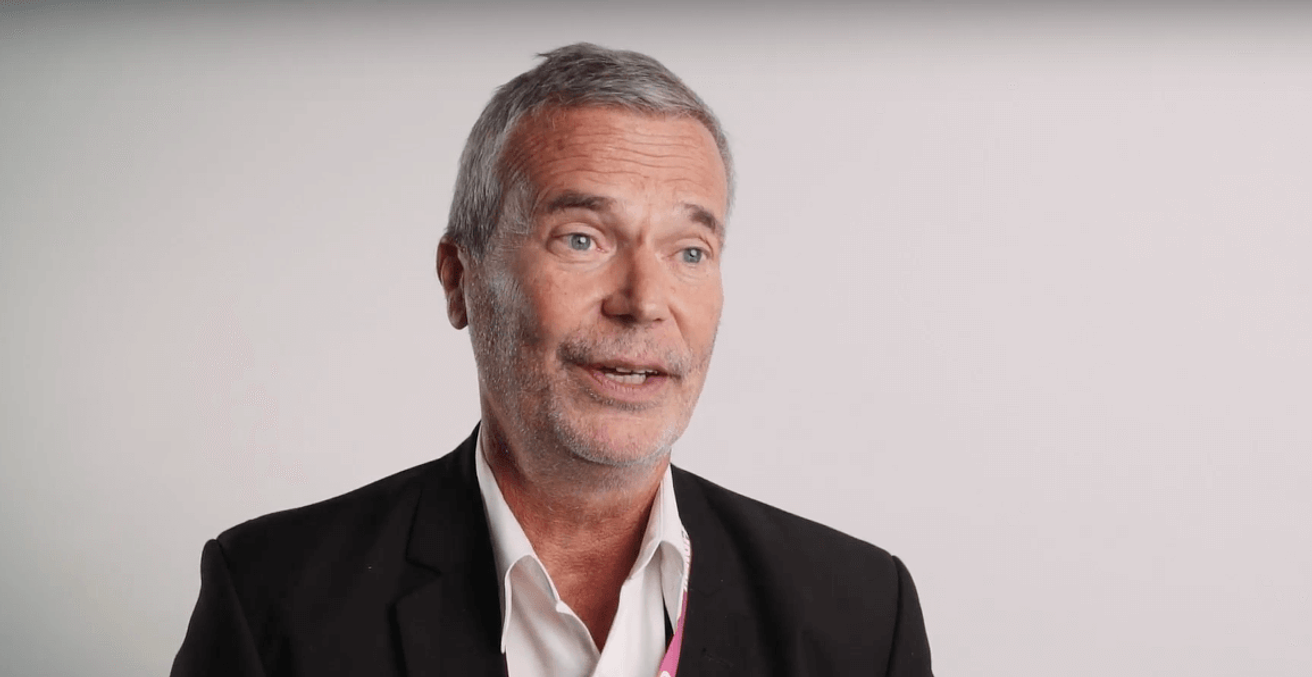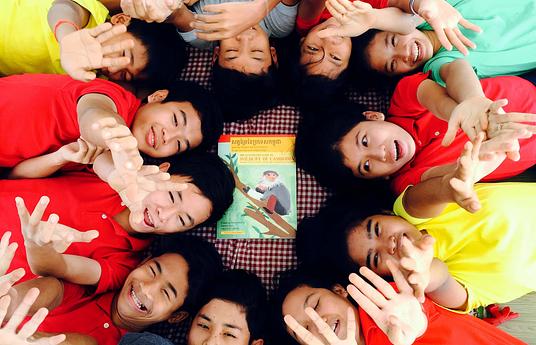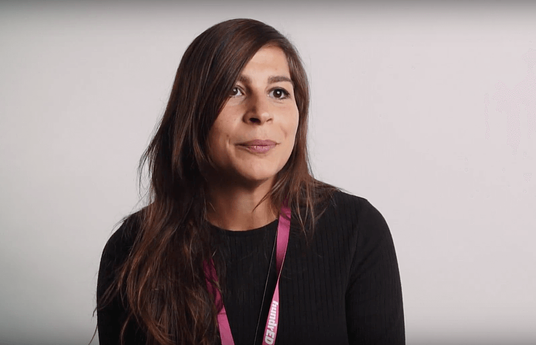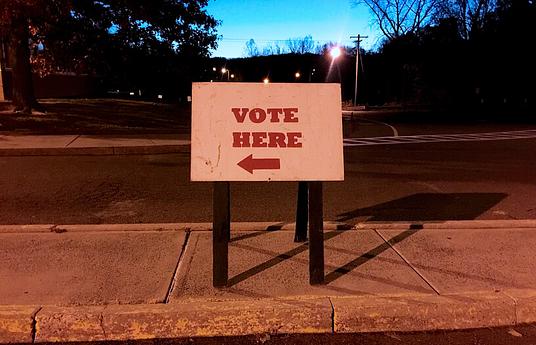Jeff Holte is the Education Director of Liger Leadership Academy, a school that recruits children from various provinces in Cambodia to expand their opportunities and help shape the future of their country. Through a six-year program of project-based, opportunity-based learning and a focus on entrepreneurship and STEAM, students learn the skills to create change in their own communities and beyond.
Please Introduce Yourself and Your Innovation
My name is Jeff Holte and I work as the education director a Liger Leadership Academy at Phnom Pen Cambodia. The Liger Leadership Academy is a school for students from Cambodia who have potential to be leaders, to be change agents, to change their country. They’re selected from all over the country, usually from small villages, and they come to our school and we work for about six years to help develop their leadership skills and help them create change.
One of the things we do is they start to create change at our school, not when they leave school, not when they graduate, but right from the beginning, they are working on real projects that make a big difference in their country. They might write a book about the economy, which our students have done, then they printed them for everyone in the country to read. This is at the age of twelve – they’re becoming change agents and learning at the same time.
How Can STEM and Entrepreneurship Change the Course of a Child’s Future?
I can really speak about STEM and entrepreneurship in regards to the work we do in Cambodia, because in Cambodia there’s a real need for innovation, for scientists, for engineer - there are very few in the country, so there’s a really very serious need for the development of innovation and creativity in Cambodia. Cambodia has gone through some very difficult times over the years and they’re really interested in moving forward and a part of that is definitely in STEM and really good entrepreneurship. Building ethical businesses, strong businesses that are competitive, especially in our case within Asia, and within the whole world.
What is the Biggest Challenge Facing Education Right Now?
I think one of the biggest challenges is making learning meaningful and connecting the students with what their life is going to be like when they get out of our educational programmes. There’s sometimes a big disconnect between making things appropriate and having people learn, practice, and understand the things they need to do in a very quickly changing world. That is very different than just learning information – it’s about using, communications, collaborating and I think that sometimes we're just not doing that.
Another thing that’s important, from our point of view anyway, is that learning itself is really very interesting and amazing and useful, and sometimes it’s difficult to make schools and learning very interesting. So sometimes the focus is not about learning, it’s about other things like memorizing and learning content – that’s really a challenge for what you need later in life.
The Next 100 Years of Education Should… be bold thinking about what we’re doing with our young people in the world, to be able to connect learning, real learning, to real life after their school program. So, it should take on bold initiatives, it should be much more student-centered – it should be much more connected with building the skills that are really needed for their future.
Visit the innovation page to learn more about Liger Leadership Academy.



